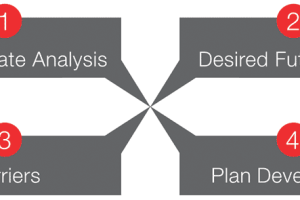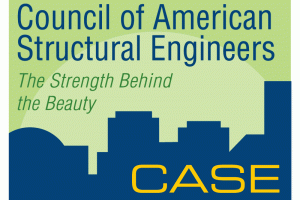How CASE Can Help Resolve the Friend or Foe Dichotomy
Throughout history groups of people have created organizations to improve the lot of the members of the group and of society at large. Factors that triggered the formation of such organizations vary. The medieval guilds were a response to the need to maintain a competitive edge and quality standards in the face of competition facilitated by increasing mobility within Europe. …



